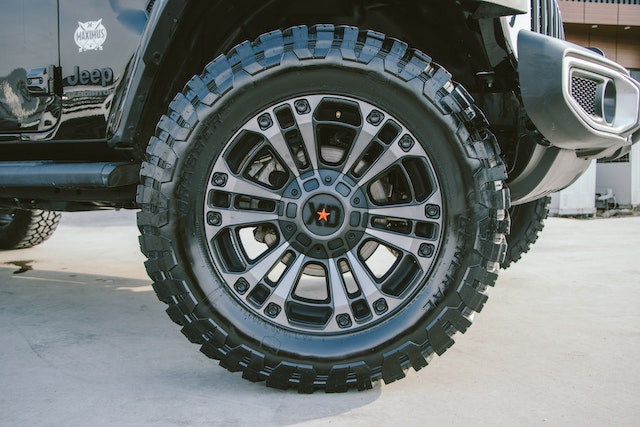All season tires are a popular choice for drivers who want a tire that can handle a variety of weather conditions. They are designed to provide good traction in both wet and dry conditions, as well as light snow. But are all-season tires the right choice for your vehicle? In this blog post, we’ll explore the pros and cons of all-season tires so you can make an informed decision.
Pros of All-Season Tires
Versatility
As the name suggests, all-season tires are designed to be used year-round, making them a versatile option for drivers who don’t want to switch between winter and summer tires. They offer good traction in both wet and dry conditions, as well as light snow. This versatility makes them a popular choice for drivers in climates with mild winters.
Cost-Effective
All-season tires can be a cost-effective choice for drivers because they eliminate the need to buy and install two sets of tires. They also tend to have a longer lifespan than winter or summer tires, meaning you won’t have to replace them as frequently.
Low Road Noise
All-season tires generally produce less road noise than winter and summer tires, which can make for a more comfortable and enjoyable driving experience.
Cons of All-Season Tires
Limited Winter Traction
While all-season tires are designed to provide good traction in light snow, they are not as effective as winter tires in harsh winter conditions. If you live in a climate with heavy snowfall and icy roads, it is recommended to use winter tires for optimal safety.
Performance Compromise
All-season tires are designed to perform well in a variety of conditions, but this versatility can come at a cost. They may not provide the same level of performance in dry conditions as summer tires or in wet conditions as dedicated rain tires.
Less Tread-Life than Specialized Tires
All-season tires may not last as long as specialized winter or summer tires. Due to their versatility and widespread usage, they simply don’t last as long as tires that are designed for a specific weather condition, as they have a limited set of features.
